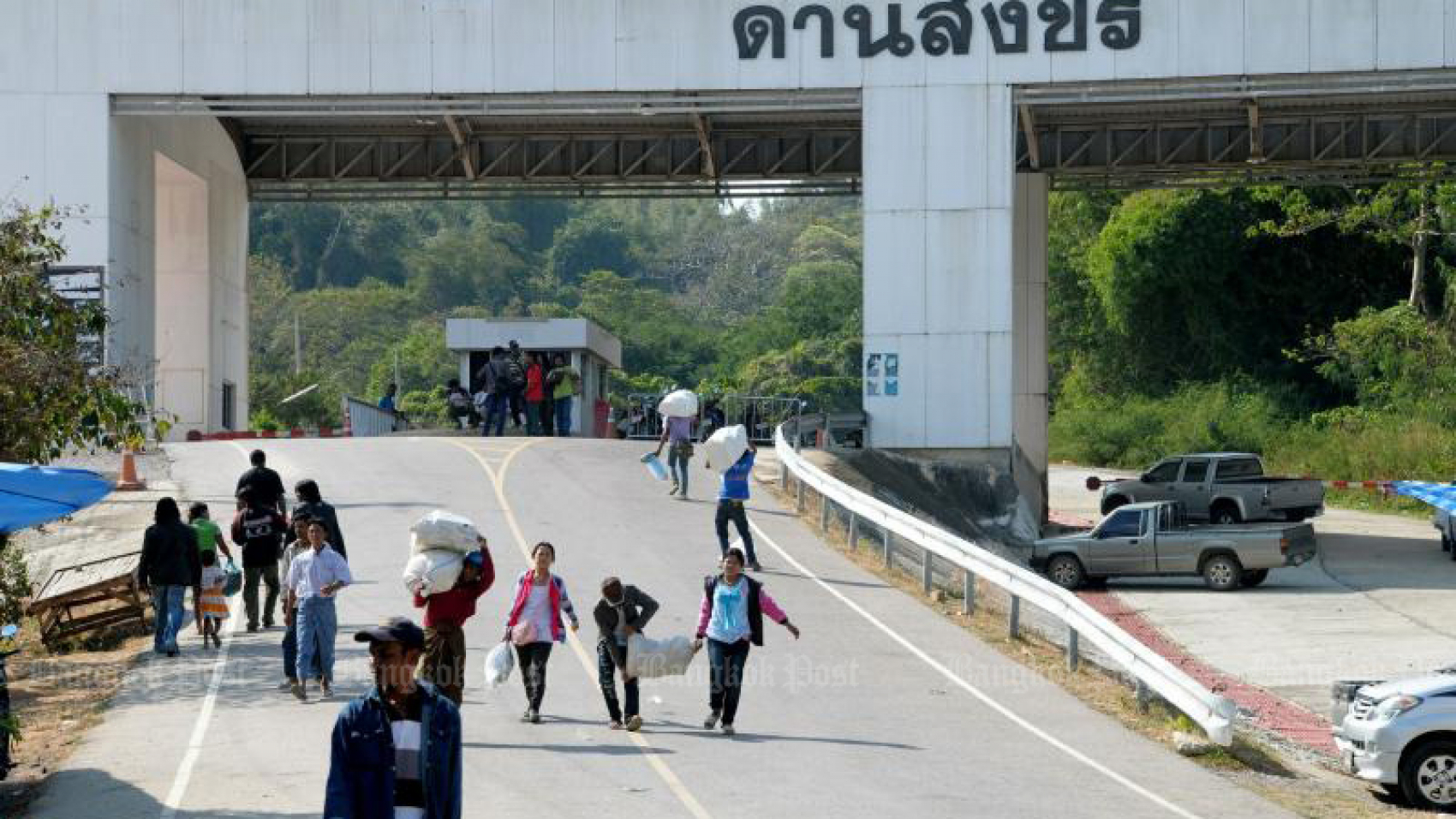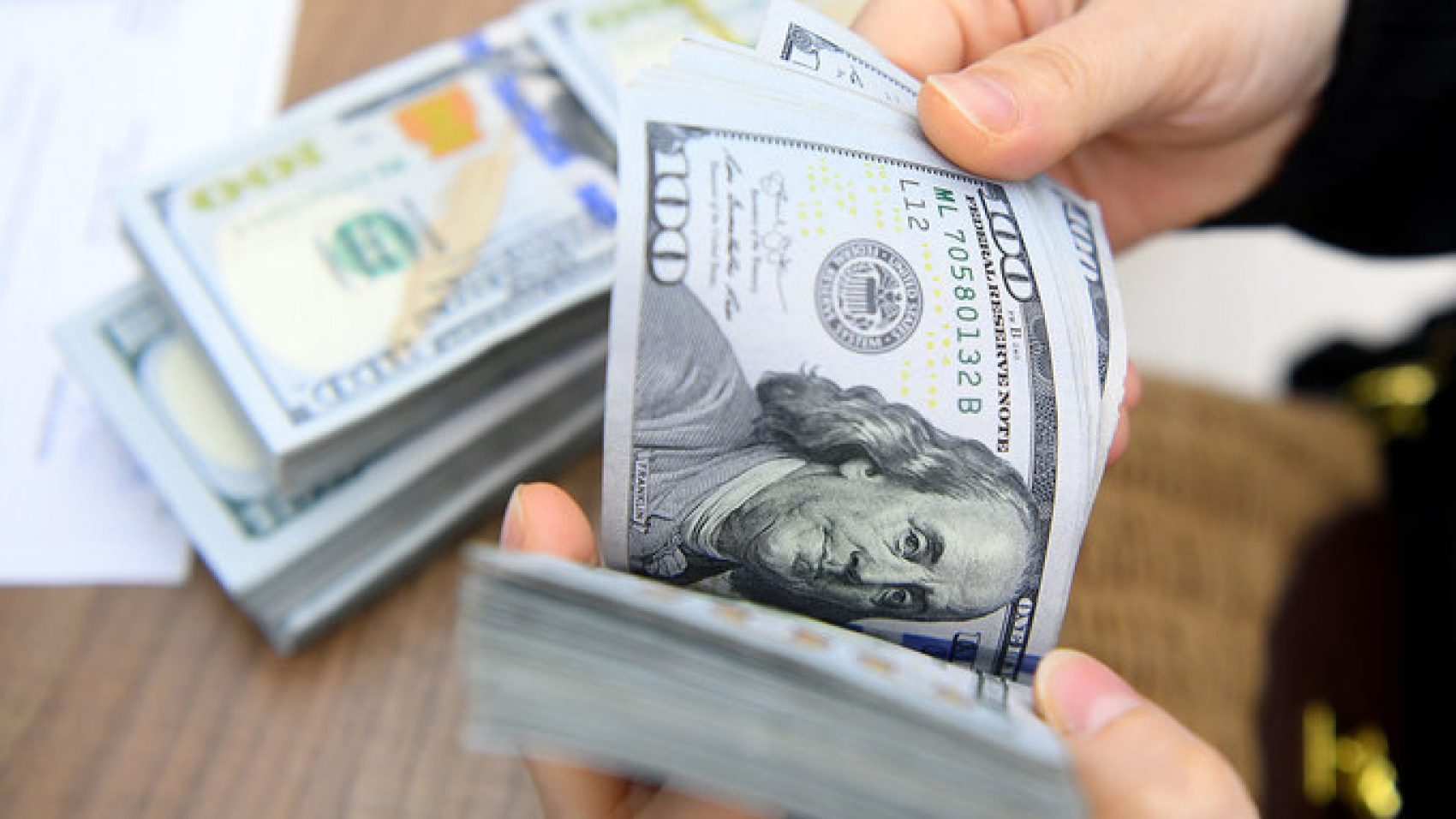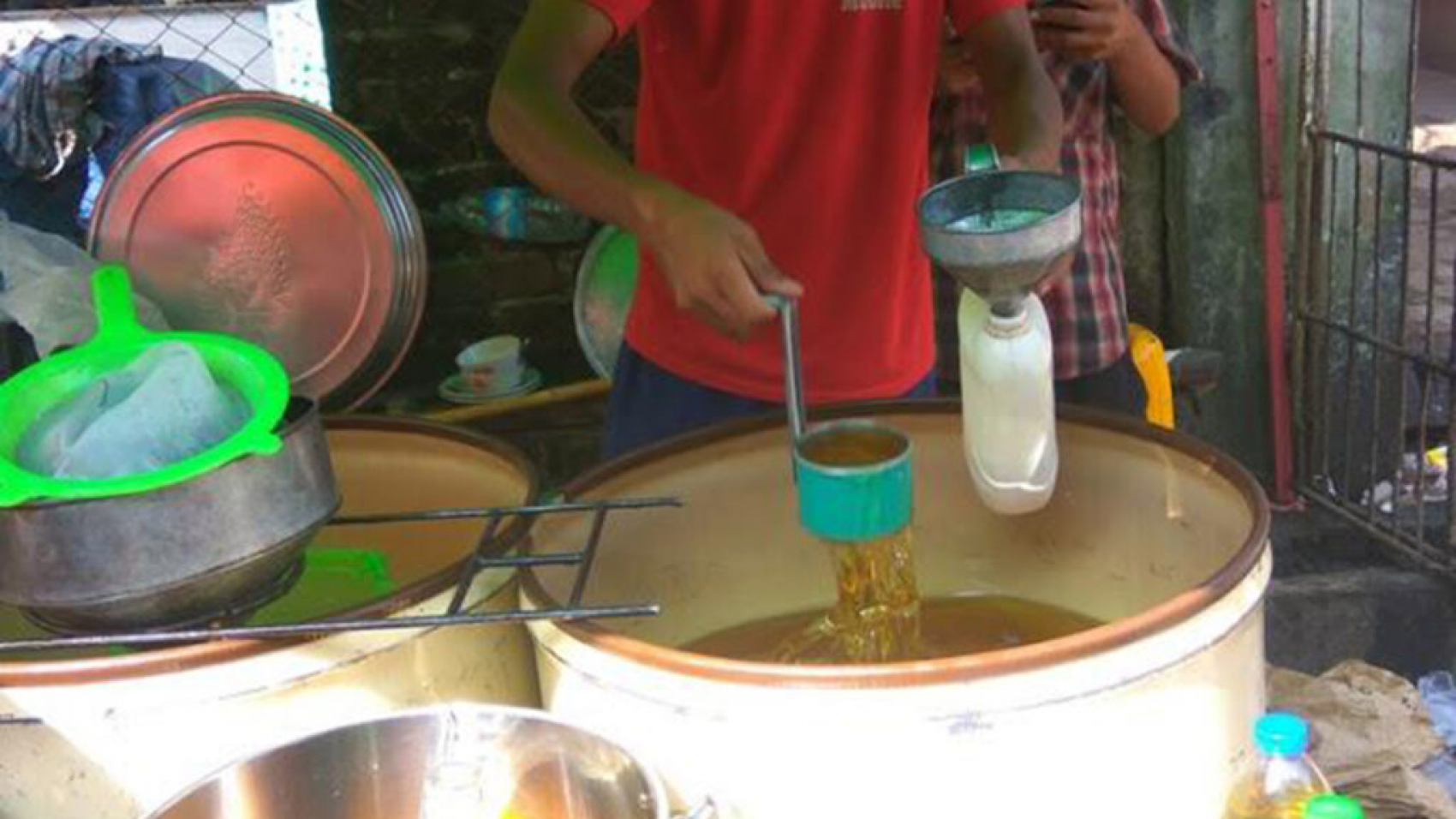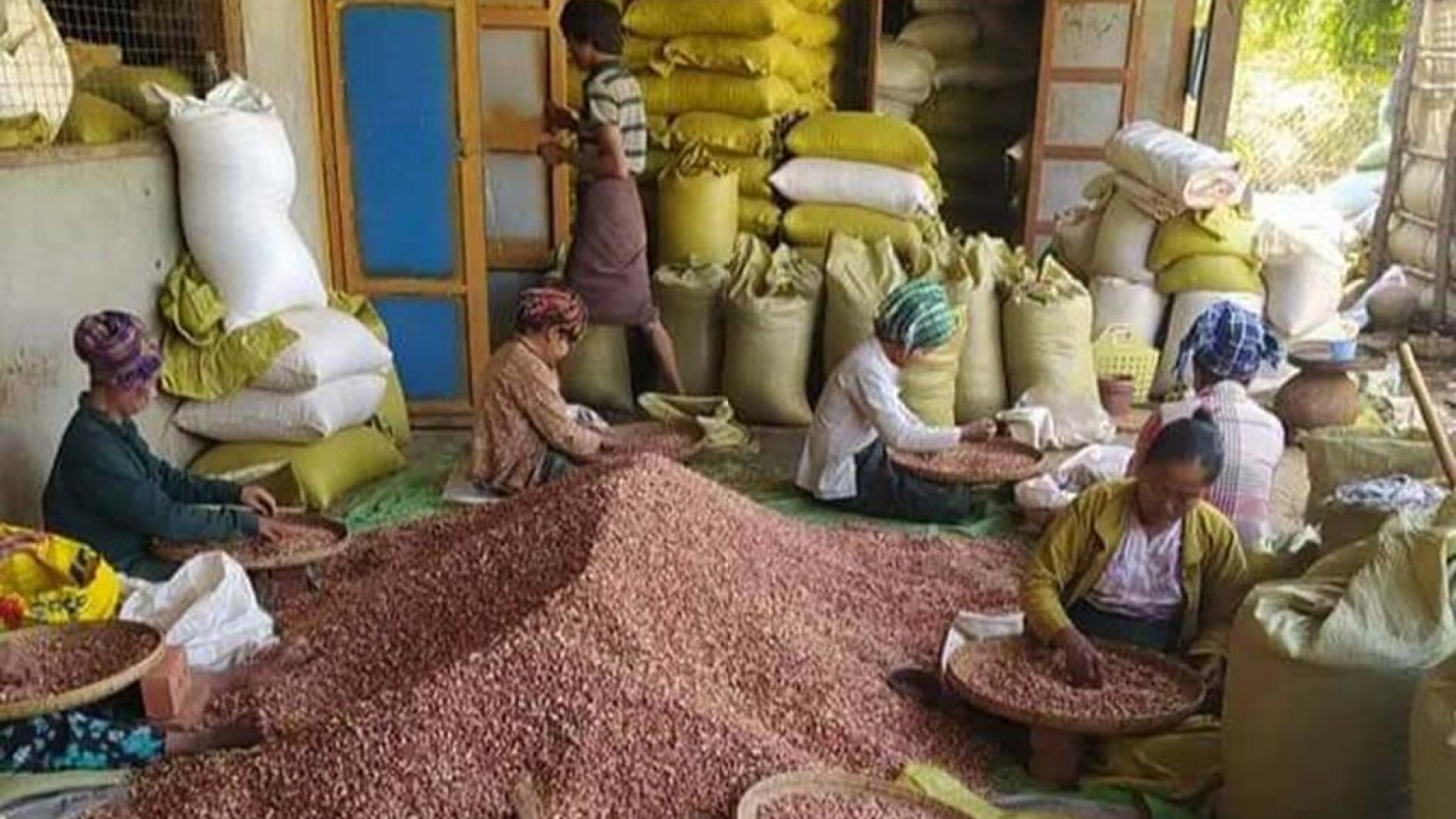The Ministry of Foreign Affairs released the terms and conditions of tourist visas for entering Myanmar via Yangon International Airport. It said if the decision is made to disallow entry, the passengers have to return by the same flight. The applicants must have the certificate of full vaccination, the colour photo taken last three months and relevant documents.
Moreover, all applicants shall abide by the laws of the Republic of the Union of Myanmar and shall not interfere in the internal affairs of the country. Tourist visas are not permitted for entry and if they are refused entry, passengers have to return by the same flight, it said. All international flight passengers to Myanmar must have certificates of full vaccination, according to the Yangon International Airport.
The Ministry of Health also released a statement regarding public health rules for international tourists on 1 August. Travellers shall have a COVID-19 vaccination certificate showing that they were fully vaccinated at least 14 days before arrival at Myanmar, a negative COVID-19 RT-PCR result and COVID-19 medical insurance purchased from Myanma Insurance and related documents.
Source: The Global New Light of Myanmar





